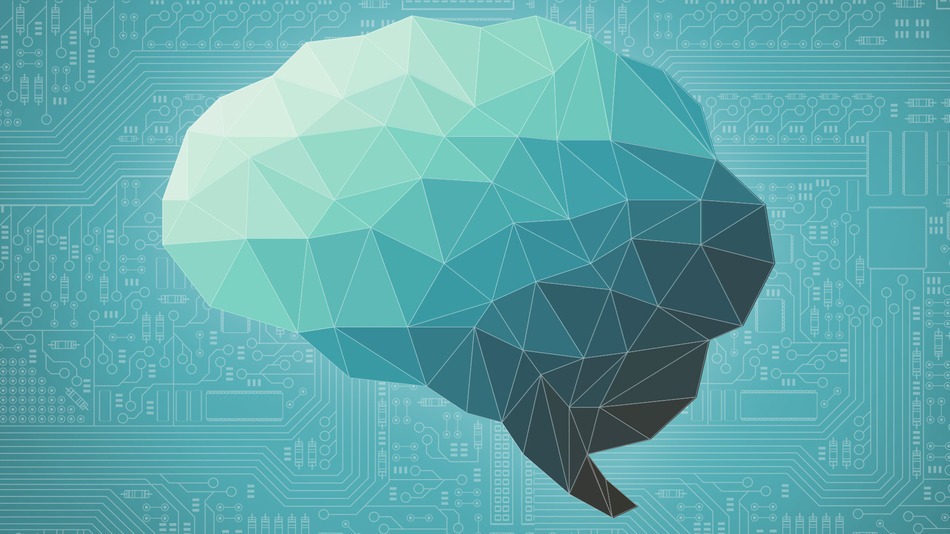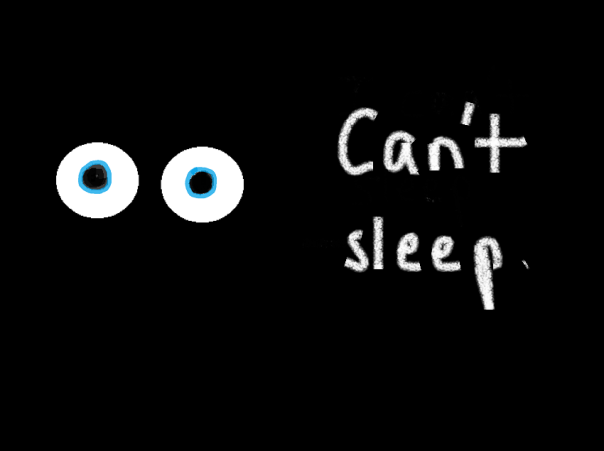Neuroplasticity - 8 changes in man, formed under the influence of technology
Technology has changed human physiology, writes 8banks. They made us think differently, feel differently, even see dreams differently. They affect our memory, attention and sleep cycles. This is due to a scientific phenomenon known as neuroplasticity — the brain's ability to change habitual behavior based on new experience. In this case, these are interactive technologies and a huge amount of information coming from the Internet.

Some experts believe that modern technologies have a positive effect on us, organizing our lives, and free our heads from the routine processes to reflect on more important processes. Others fear that technology has crippled our concentration of attention, made us impatient and deprived us of the creative process. Each research on this issue provokes fierce discussions, but at the same time, with each such research, we are one step closer to understanding how technology affects our brain. Below are 8 major changes in people that are caused by modern technology.
1. We see color dreams
Television has such a strong effect on a person that it affects even a dream. In 2008, a study conducted at the University of Dundee in Scotland showed that adults over the age of 55 who grew up in the era of black and white cinema often see black and white dreams. But the younger participants in the study, who grew up in the era of technicolor , almost always see their dreams in color. The American Psychology Association reaffirmed the results of this study in 2011.
2. We experience FOMO
FOMO (the fear that you are missing something; in the original FOMO - fear of missing out) is defined in The New York Times as “a mixture of anxiety, inadequacy and irritation that can erupt while we are viewing social media.”
')

Before the advent of Instagram and Facebook, people who decided to spend a quiet Saturday evening at home with a glass of wine in the company of an old favorite movie could feel a slight regret that they did not get out of the house anywhere and might be missing something. But thanks to social networks, this feeling has increased significantly since in the endless tapes, we constantly see posts with photos of various gatherings, cheerful dinners, crazy parties and the current rivers of alcohol on them. Even if such a vacation is absolutely not interesting for you, you still think: “Maybe I should do something else now?” This is FOMO.
There is even evidence that looking at photos of friends eating on Instagram and Pinterest, our food seems to us tasteless.
3. "False vibration syndrome"
We are constantly in a state of hypersensitivity to our mobile phones, so much so that we often confuse when he calls and when he does not. In 2012, a study published in the journal Computers and Human Behavior found that 89% of the 290 students who participated in the experiment experience “false vibration syndrome” (the physical feeling that their phone vibrated even when it was not). in two weeks. A study of hospital workers showed the same results.
Books on psychology Larry Rosen describe this syndrome in detail. In an interview with NPR, a psychologist suggests that physical sensations, like itching, can now be misinterpreted by our brain as a vibrating telephone. “Our brain retrains and reacts differently to the same sensations that were before,” says the scientist. And although the “false vibration syndrome” does not cause any serious consequences or problems, it still seems to be something bizarre and unusual.
4. We can not sleep
We are technophiles, accustomed to falling asleep with laptops in bed under the soothing melodious BBC series about the nature of China or the 4th series to some uncomplicated series, some of us can finish the day by reading the chapter of the Hunger Games on their iPad, someone - without adding sms. But these comforting evening procedures may in fact be the first links in the chain of our sleep, such a part of the pattern.

Neurologists suggest that the light of laptop screens, tablets and smartphones causes controversy in our body, in particular affects the production of sleeping pills. Exposure to bright light may fool the brain, causing it to think that it is still a day, which can potentially have long-lasting effects on the body's circadian rhythms (our internal sleep hours). Our eyes are particularly sensitive to the blue color emitted from the screens. This makes it difficult to sleep, especially for those who are already struggling with insomnia.
( Oh, God ... Here it is the reason for the "freeze" in social networks! Facebook, Vkontakte ... They are all in BLUE color! )
5. Our memory leaves much to be desired, as well as concentration
In ancient times, learning by heart was an extremely valuable skill. So valuable that students could often read entire books from memory. In our Google era, when virtually any piece of information can become instantly accessible, we don’t worry at all about storing or memorizing any facts, let alone entire books. Why memorize the capital of Mozambique, if you can just ask Siri?
In 2007, a neuroscientist surveyed 3,000 people and found that young respondents were less likely to remember standard personal information, such as a relative's birthday or even their own phone number. Similarly, studies have shown that calculators can reduce simple mathematical skills. Some people can not move in their cities without the help of GPS.
Social media and the Internet as a whole also reduce our concentration . People immersed in digital media find it difficult to read books for a long period of time, they often just go over the article and not read every word. This phenomenon may be particularly alarming for young people, whose brains are still at the stage of formation and, therefore, may not be able to develop concentration skills.
6. We have improved visual skills.
A 2013 study found that first-person shooters, like Halo and Unreal Tournament, enhance decision-making and visual skills. These games force players to make quick decisions based on visual cues, which increases their visual-spatial attention skills, or the ability to analyze information about our physical environment. Gamers also better define the contrast between objects in dim lighting. And complex strategies, like Starcraft, can improve the brain 's “cognitive flexibility” or the ability to switch between tasks, thereby increasing a person’s so controversial multi-tasking ability. This was especially noticeable when experimenting with older people.
7. But impulsivity control has decreased.
Unfortunately, the same 2013 study of video games, like Halo, showed the players having problems in order to curb impulsive or aggressive behavior. The researchers concluded that by forcing players to make quick decisions in situations of violence, their “active executive control” is slowed down - the reaction of the knee jerk and other impulses. This led scientists to argue that these players are more prone to immediate hostility or aggression in real life.
8. We create more
Technology has become more accessible to creative people and everyone else who interacts with them. The author, Clay Shirkey, claims that the Internet reinforces what he calls “cognitive surplus,” the excess brain capacity that we can allocate to achieve goals that bring us satisfaction. Social media, according to Shirkey, offers users to interact with texts, images and videos in the form in which it can not television. Social networks contribute to the culture of sharing something, users are becoming more inclined to create and share information, whether it be a Flickr album, a review of popular books , a Wikipedia add-on or a DIY project.

“As soon as we stop thinking about this time in the context of killing free time, and start thinking about it as a kind of social asset, the accumulation of such an asset among the educated population of the planet can be a trillion man-hours per year,” writes Shirkey.
( But really, if you collect all this meaninglessly spent time and energy in the network and send it to something useful, the result could be above all expectations )
Source 8BANKS .
Source: https://habr.com/ru/post/216145/
All Articles